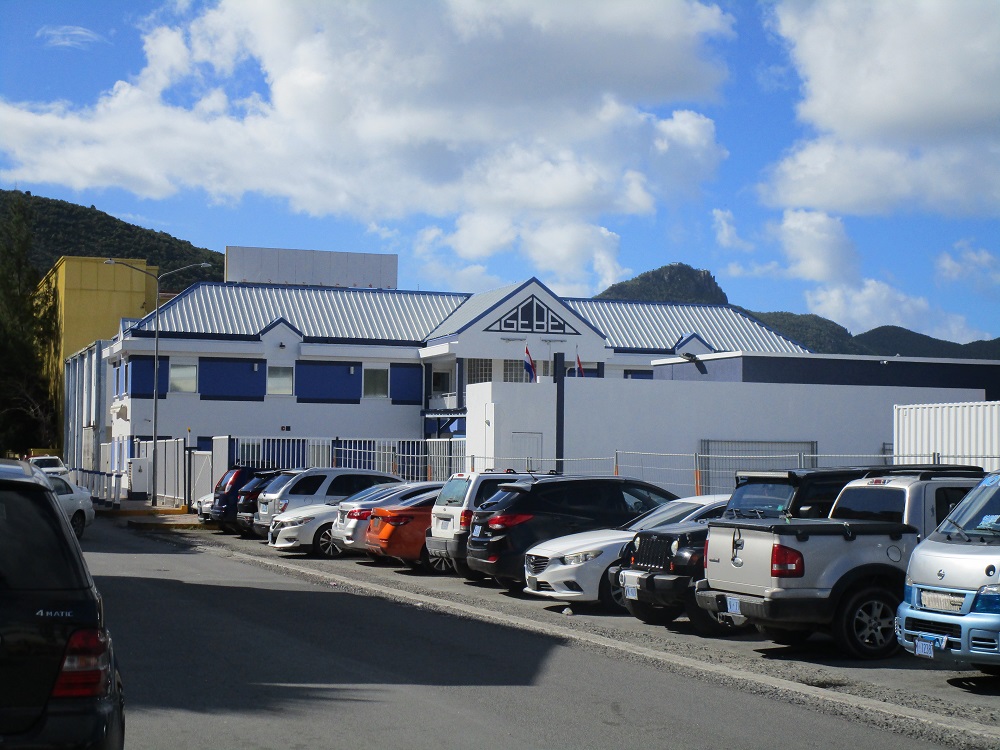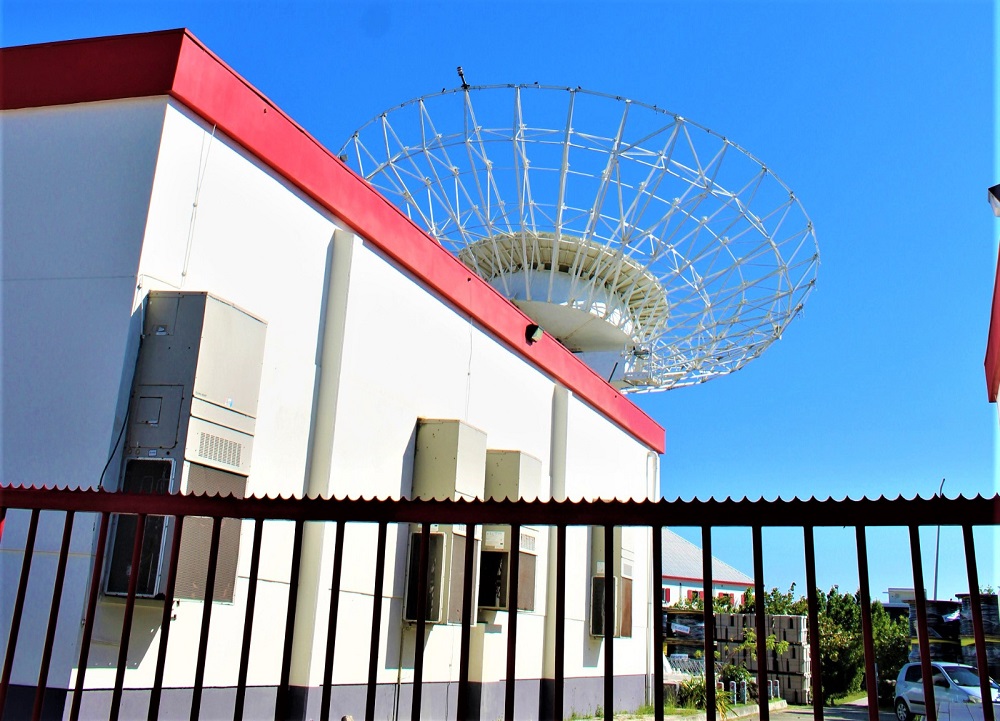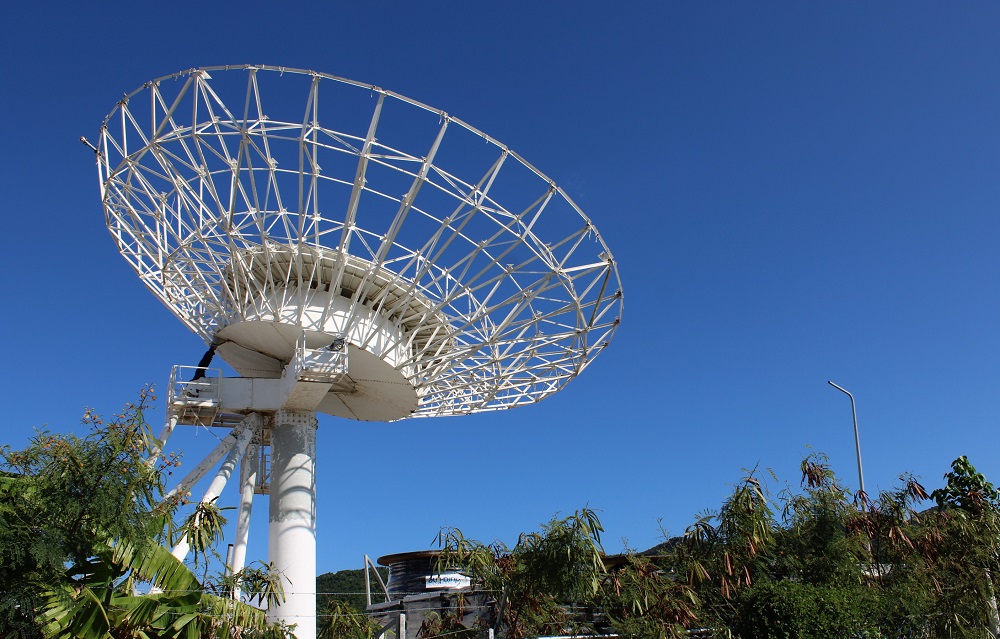Doing business in St. Maarten: bottlenecks and solutions (part 4)

4. Electricity and internet
PHILIPSBURG — Establishing a business in St. Maarten is an at times an expensive road littered with stumbling blocks. The Ministry of Home Affairs and Kingdom Relations and the Ministry of Economic Affairs, Tourism, Transport and Telecommunication commissioned a report to assess the local business climate, identify bottlenecks and recommend solutions. The report is produced by the Foundation Economic Research (SEO), the Economic Bureau Amsterdam (EBA) and Tackling Law.
In this fourth episode in a series of articles based on the report we take a look at another issue that causes concerns not only to entrepreneurs but also to private citizens: the provision of electricity and internet services.
Report: Spurring Entrepreneurship in Sint Maarten
Both services have something in common: relatively low quality and relatively high prices, both most likely due to a lack of competition.
GEBE has the monopoly of the production and distribution of electricity. The energy market therefore lacks market disciplining incentives, the report states: “Costs are high and power outages are frequent.”
There is no transparent source of information for the frequency and duration of power outages. To make matters worse, St. Maarten makes hardly any use of solar power, even though the potential to exploit this venue is there. “This is partly due to GEBE-stipulations that solar power cannot be connected to the electricity network,” the report states.
GEBE uses fossil fuel generators to produce electricity. According to a 2015 report, the costs of oil-imports equal 18 percent of Gross Domestic Product. End users pay the price for the stubborn refusal to add renewable energy production to the mix. Consumers pay on average $0.35 per kilowatthour, while citizens on the French side pay only $0.12. This could be due to French regulations that require the equalization of electricity rates throughout France and its overseas territories.
In 2017, the St. Maarten Hospitality and Trade Association (SHTA) registered nine power outages in one month, putting the country in the same bag as countries like Burkina Faso and Tanzania. Companies in Burkina Faso report losses of up to 5.1 percent of annual turnover due to power outages. In Tanzania the reported losses are even higher: 15.1 percent.
Power outages are disruptive to the business community: store owners are unable to complete card transactions and phone calls and video conferences with international partners are disturbed.
Compared to other islands in the Caribbean, St. Maarten hardly uses solar power. This is not only due to GEBE’s rather outlandish claim that solar cannot be connected to the power grid, but also to legislation. According to the law, households and businesses are not allowed to generate electricity, other than with an aggregate. Those who want to use solar power, need a ministerial exemption.
Entrepreneurs who were interviewed for the report, claim that GEBE actively prevents them from using solar power. They also said that solar panels are unable to withstand hurricanes, even though there are designs on the market that solve this issue.
Using solar power definitely has its advantages in case of damages, the report explains. “Because it is decentralized, it will be up and running quickly compared to a centralized energy system.” According to the researchers, increased use of solar power has the potential to bring new entrepreneurs to the island.

The internet is another source of concern. There are four providers on the island, so it is tempting to think that competition will drive prices down and quality up. It doesn’t. The four providers are Coral Telecom, Flow, TelEm and WTN Cable.
Internet speed is slow. The researchers found an average download time of 19 MB per second and an average upload time of 13 MB per second.
“There are frequent service interruptions caused by power outages, damaged fiber cables of off-island service-interruptions, the report notes.
The questionable quality of internet services does not put any downward pressure on prices. The report mentions two examples. Flow offers 10 MB per second over a fixed line to business consumers for $65 per month. TelEm offers postpaid internet service of up to 12 MB per second for $85 per month.
That power and internet services are crucial for the business environment needs no further explanation. “In the digital era, reliable energy supply and well-functioning telecommunications markets are crucial,” the report states. “Some knowledge regarding these projects has already been built in projects for Saba, Statia and Bonaire. This can be used as input for the project to improve the efficiency in the utilities market.”
The report recommends the establishment of a public register that discloses service interruptions and their causes, the assessment of the potential for diversification of energy production and the improvement of energy consistency and the assessment of possibilities to allow new private suppliers of 5G networks to enter the market.
The report stops however short of recommending concrete measures. “Such measures require careful analysis of the market conditions and the current technical state of affairs of energy and telecommunication networks.”
Related article: The potential and benefits of geothermal energy for the islands (incl. St. Maarten)
Furthermore, the report states, an assessment is needed of the feasibility of technical solutions to improve efficiency and of the specific needs of the market. “This could not take place within the scope of the current project and requires additional expertise.”
The overall aim remains clear: Investigating which measures can improve energy security, efficiency and sustainability and the quality of internet services.
”Realizing this is an important basis for a sound entrepreneurial climate on the island,” the report concludes, thereby making it clear that there is plenty of work to be done and that it could take quite some time before the private sector sees any results.
###
Related links:
Doing business in St. Maarten: bottlenecks and solutions (part 1)
Doing business in St. Maarten: bottlenecks and solutions (part 2)
Doing business in St. Maarten: bottlenecks and solutions (part 3)
Report: Spurring Entrepreneurship in Sint Maarten
Review article SEO Economisch Onderzoek (In Dutch)
Reducing red tape improves the business climate



























